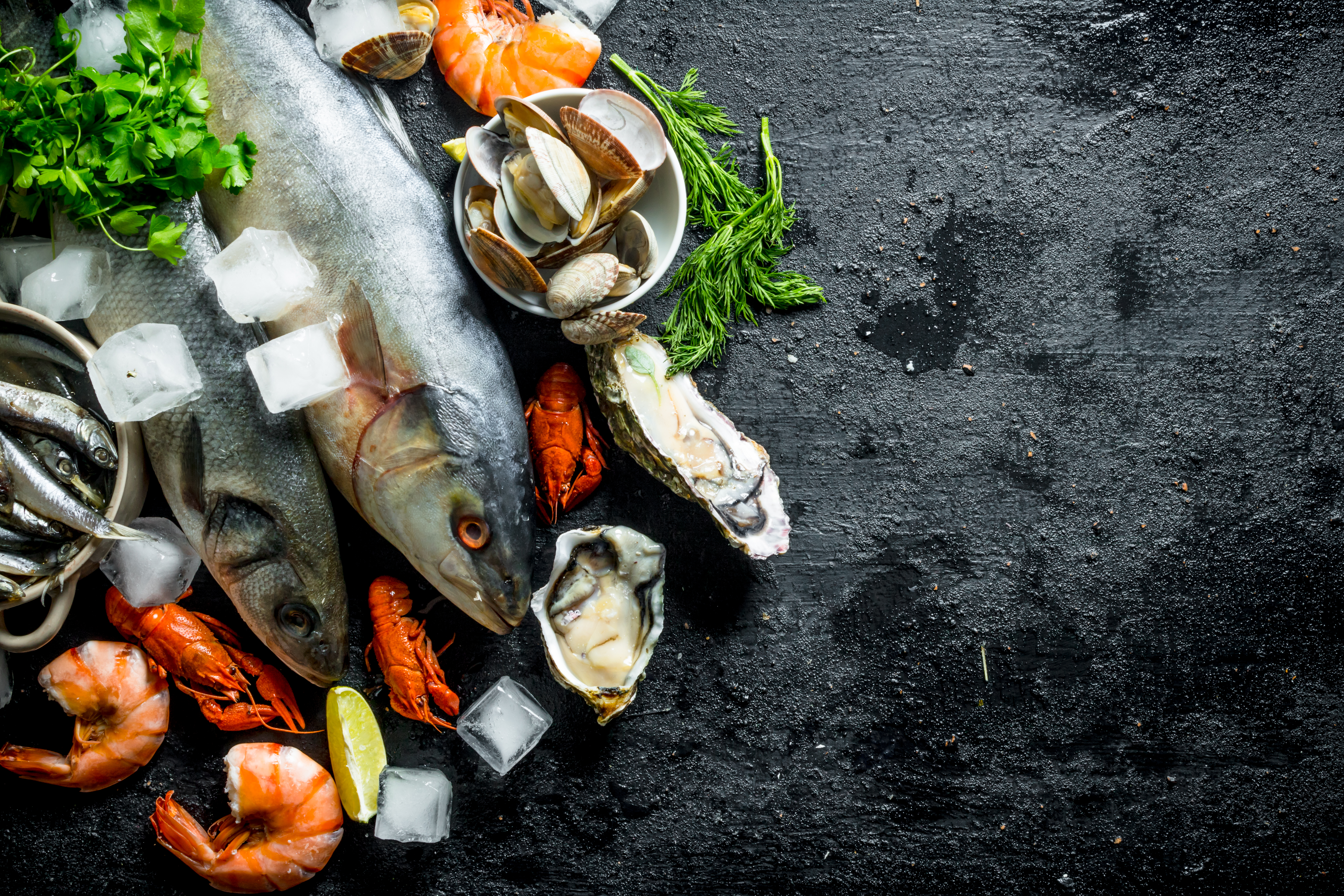Improving Access to Fish Consumption Advisories and Maintaining Confidence in California’s Healthy Seafood Products

Dichlorodiphenyltrichloroethane (DDT) is an insecticide that is resistant to degradation and can cause increased risks of cancer, premature births, developmental abnormalities, and neurological diseases in humans and animals. Although banned in 1972, DDT was dumped into the ocean off the coast of southern California for decades. Recent documentation of the extent of this contamination has captured the attention of the public and raised concerns regarding the consumption of contaminated seafood. The State of California currently issues consumption advisories for coastal communities, but these advisories do not address DDT. To fill this gap and improve advisory accessibility, SaferSeafood has partnered with Scripps Institution of Oceanography and the California Cooperative Oceanic Fisheries Investigations, who collected data on the incidence of DDT in sediments and fish in nearshore southern California waters. Using this data, we updated and validated their spatiotemporal statistical model to predict DDT concentrations in fish based on species and location. We then integrated this model into an interactive web application that allows anglers to receive predicted DDT concentrations in the fish they have just caught, along with serving size recommendations and other relevant advisories. This project will allow individuals to make well-informed decisions about their seafood choices in the face of environmental challenges and health risks associated with DDT contamination.
Acknowledgments
Bren School: Allie Caughman, PhD Candidate; Bruce Kendall, Professor; Carmen Galaz-García, Assistant Teaching Professor
Erin Satterthwaite, Sustainability Researcher, Sea Grant & CalCOFI, Scripps Institution of Oceanography, UCSD
Lillian McGill, Scripps Institution of Oceanography, UCSD
Brice X. Semmens, PhD, Director, California Cooperative Oceanic Fisheries Investigations (CalCOFI), Professor, Scripps Institution of Oceanography, UCSD
USC Sea Grant: Maria Madrigal, MS, Education Manager; Amalia Aruda Almada, PhD, Extension Program Leader, Science, Research, and Policy Specialist